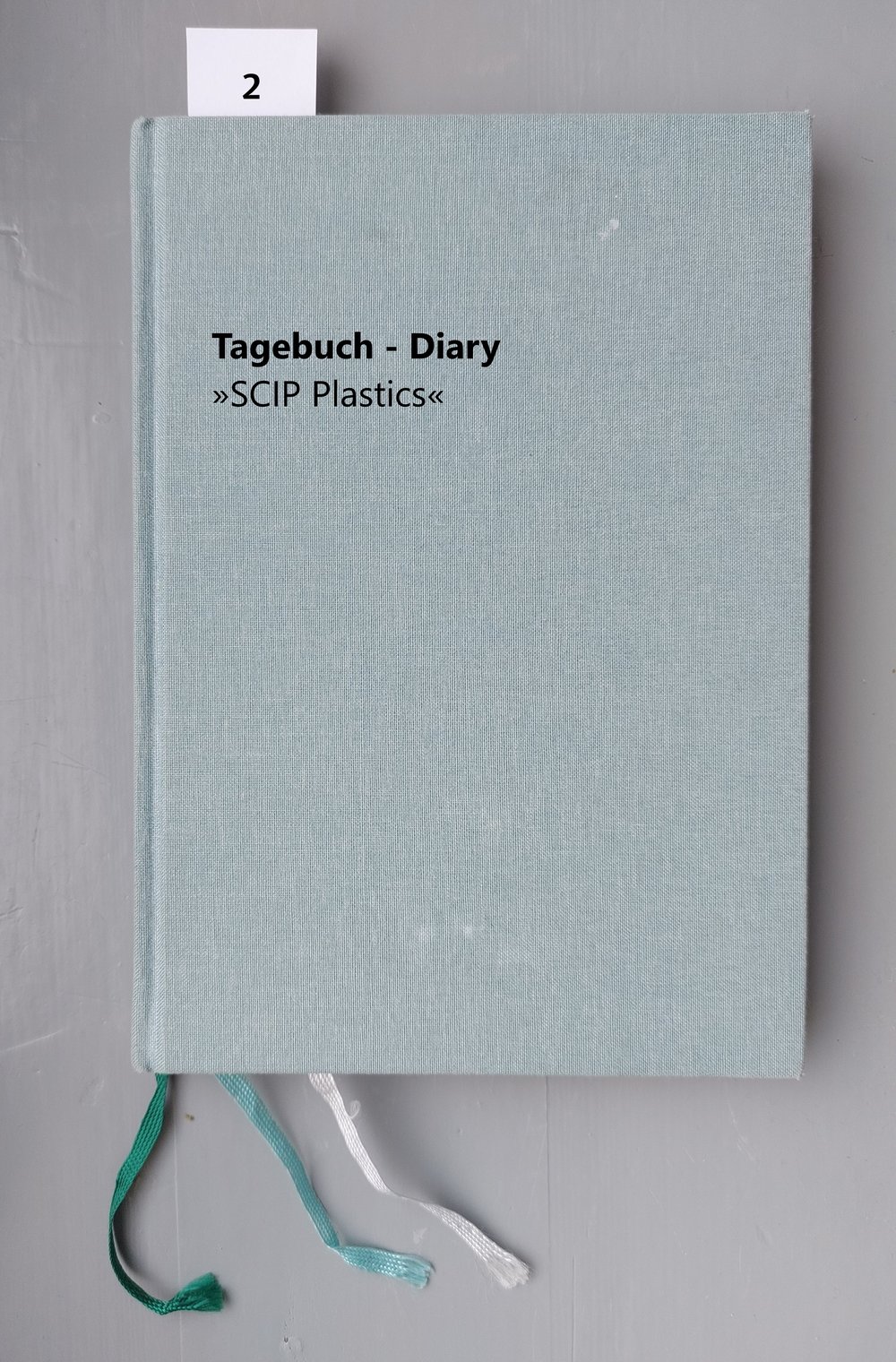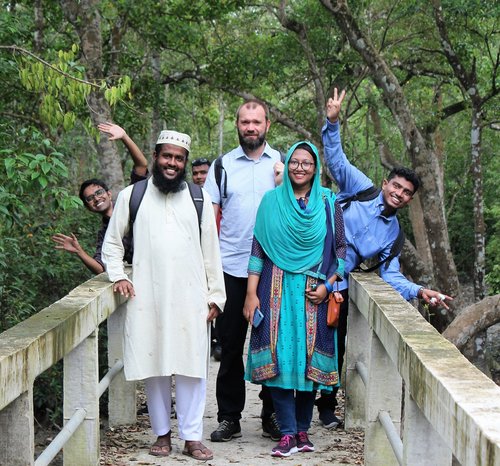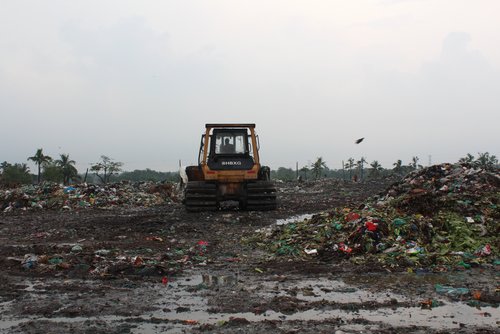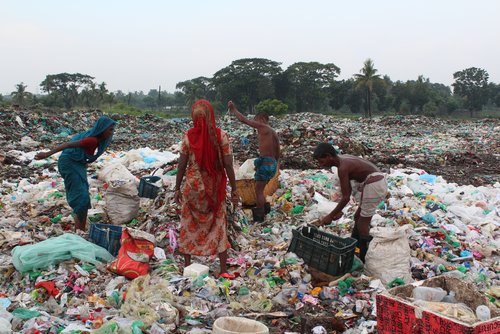Research diary »SCIP Plastics«, Episode 2: Visit to Bangladesh
Even if digital communication effortlessly connects continents, it cannot replace personal exchange. Especially when a research team from Germany and Bangladesh is supposed to grow together in order to search for solutions together. The second episode of the research diary »SCIP Plastics« is about the first meeting in Bangladesh.
Travel follow-up, kick-off meeting:
17th of October 2022
We have been back in Germany for two weeks now and the many impressions of the trip are still lingering. As a research assistant, I have already had the opportunity to work internationally in many other projects. However, Bangladesh is a new experience and so, I was very excited about this first visit. What places would we see and explore on the excursions? What would it be like to meet and work with our partners in Bangladesh?
The team in Bangladesh was already well known to us, thanks to the extensive virtual cooperation, which we established from the start of the project. However, the enormous hospitality and warmth with which we were welcomed was still unexpected. So many wonderful, enriching conversations took place, creating a new cohesion in the entire SCIP team. The intensive and packed 10-day program welded us together even further. We saw, experienced and discussed so much that three days felt more like three weeks. On the other hand, ten days were far too short to address all the concerns and issues, especially the huge challenges in the field of waste management. New questions and new problems arose. Which measures are cost-efficient and technically sound for an open dumpsite (that turns swampy during the rainy season)? How to deal with workers from the informal sector, some of whom handle hazardous waste?
Despite these challenges, or perhaps because of them, this trip made me want more: more research contributing to a better waste management system, more exchange and cooperation with our partners and of course more Bangladesh. I am already looking forward to the next visit!
M. Sc. Senta Berner
Chair of Biotechnology in Resources Management
Bauhaus-Institute for Infrastructure Solutions (b.is)
Background:
The research team of Prof. Dr.-Ing. Eckhard Kraft addresses a global problem: the plastic waste in our oceans. Thousands of years pass before it decomposes. Until then, the plastic parts decay into smaller and smaller particles. These are often mistaken for food by marine animals, which can lead to an agonizing death. The engineers at the Bauhaus Universität Weimar, together with a team from Bangladesh and the Institute for Social-Ecological Research, are researching how to ensure that the garbage does not end up in the sea. The research project is called »Sustainable Capacity Building to Reduce Irreversible Pollution by Plastics» - in short: SCIP plastics. Together they are looking for solutions for waste management and are developing a knowledge transfer center on the campus of the »Khulna University of Engineering & Technology«. Their goal – in the future waste should be better collected, sorted and recycled. The researchers have time until November 2024 to find solutions - the research diary accompanies their research.

Project description:
Websites about SCIP Plastics
Bauhaus-Universität Weimar:
https://www.uni-weimar.de/en/civil-engineering/chairs/biotechnology-in-resources-management/research/current-projects/scip-plastics/
»Khulna University of Engineering & Technology«: https://kuet.ac.bd/scip/index.php
Contact:
Prof. Dr. Eckhard Kraft, Professor of Biotechnology in Resources Management, Faculty of Civil Engineering, via e-mail (waste[at]bauing.uni-weimar.de) or phone (+49 (0) 3643 / 58 4621).



